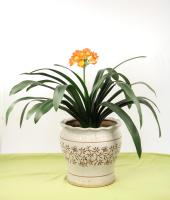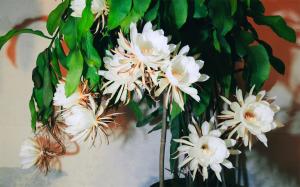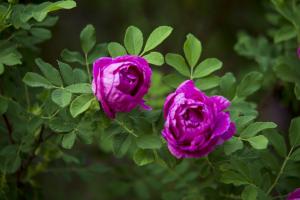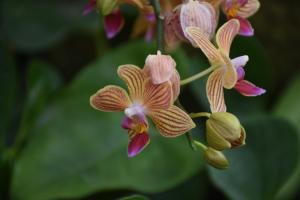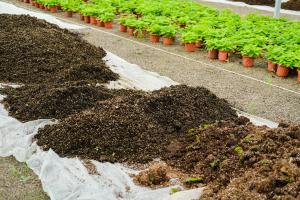1、 Curing method
1. Temperature: royal clothes are yellow and warm. Generally speaking, it is more appropriate to be between 20 and 30 degrees. In winter, the temperature needs to be adjusted to between 12 and 15 degrees, which is more favorable, and the lowest temperature should not be lower than 8 degrees, so as to avoid freezing damage
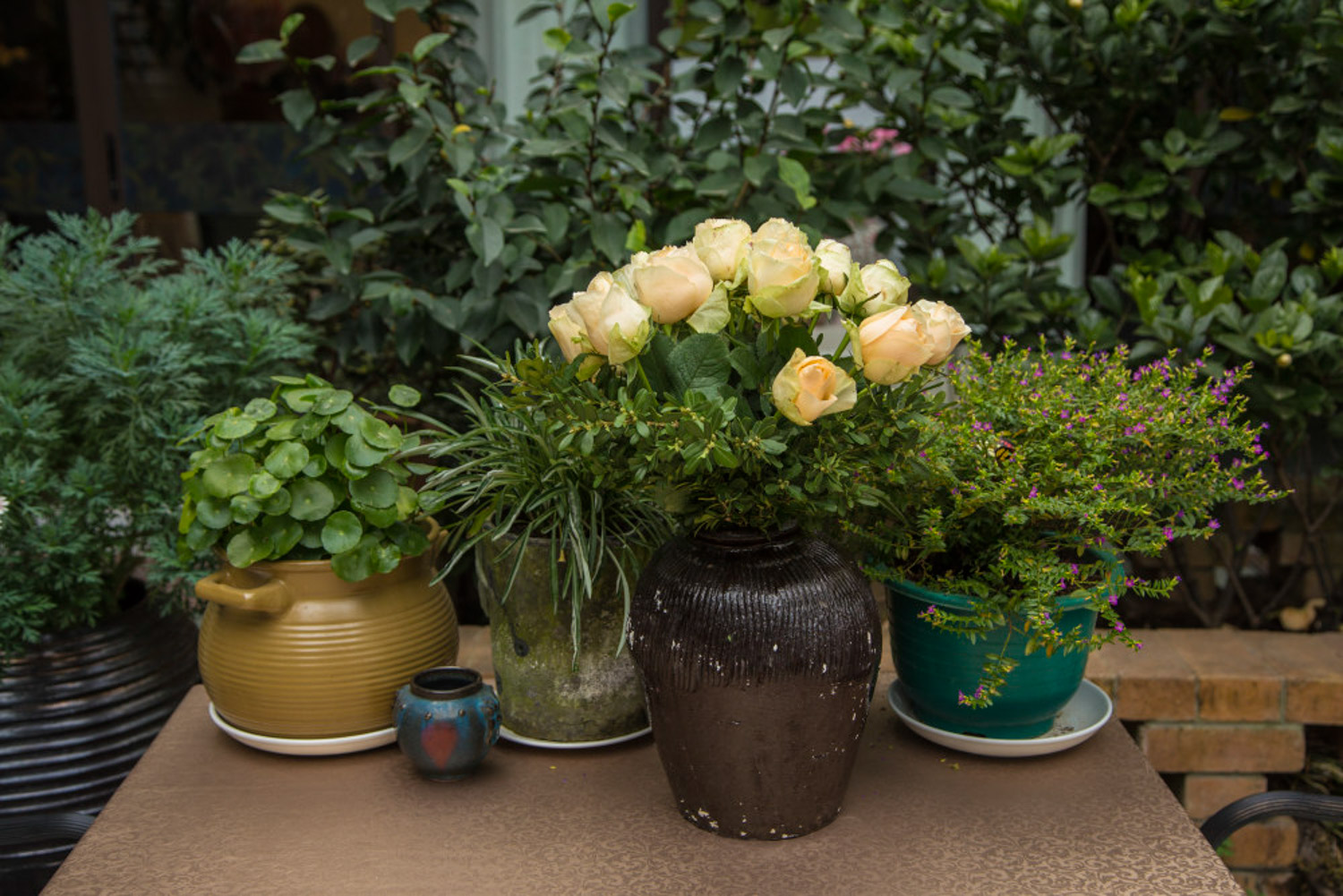
2. Light: yuyihuang is a strong positive plant, that is, it has high requirements for sunshine. Generally speaking, it can grow normally and bloom only if it provides no less than eight hours of light every day. Otherwise, its flowers are easy to fall off. From May, it's best to move it outdoors and receive good sunshine
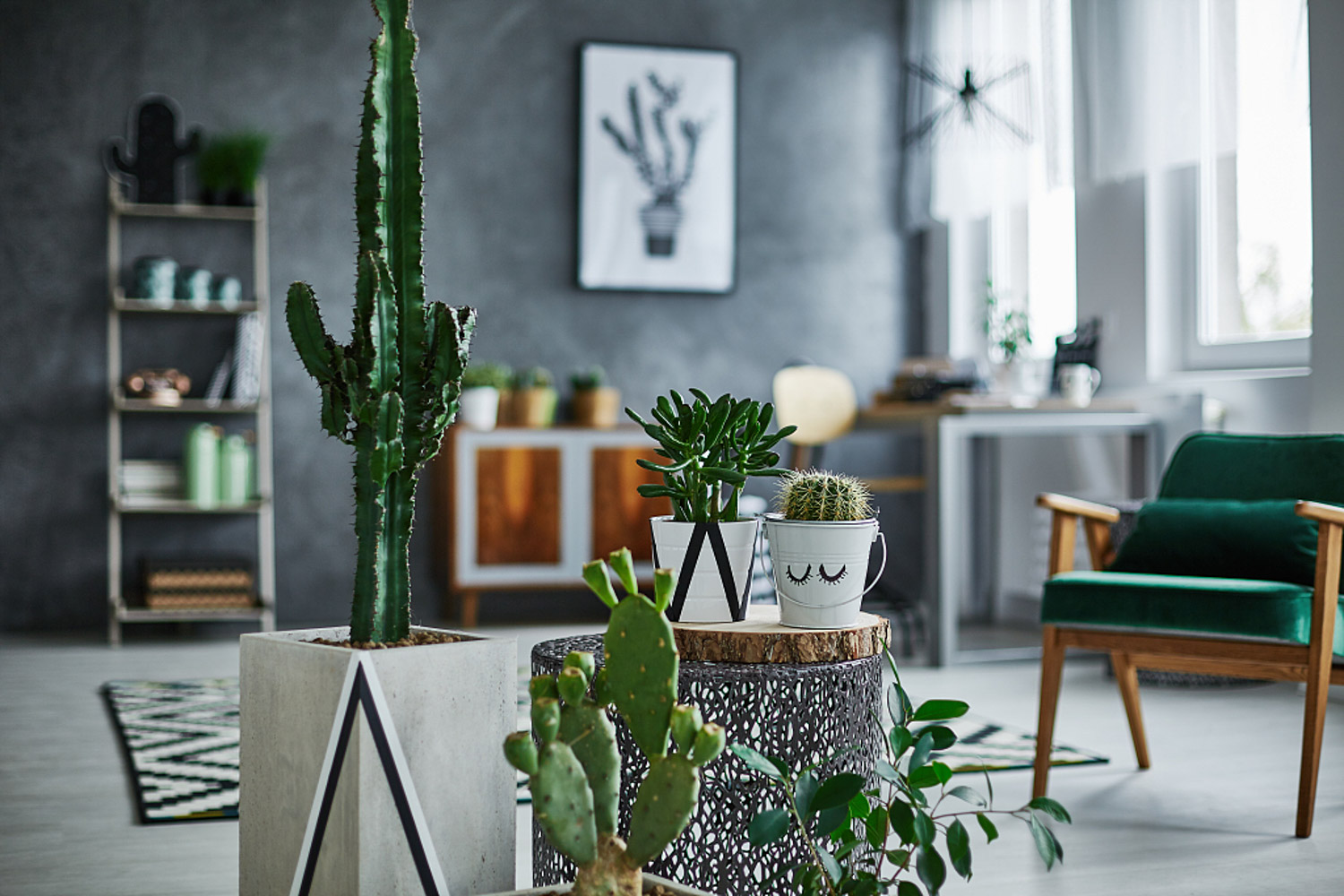
3. Watering: it is a kind of wet plants. In the growth stage, it needs more water, and it should supplement enough water, but don't accumulate water. Generally speaking, in summer, you have to water it once a day. At the hottest time, twice a day. In winter, you can't pour too much water, especially when it's very cold
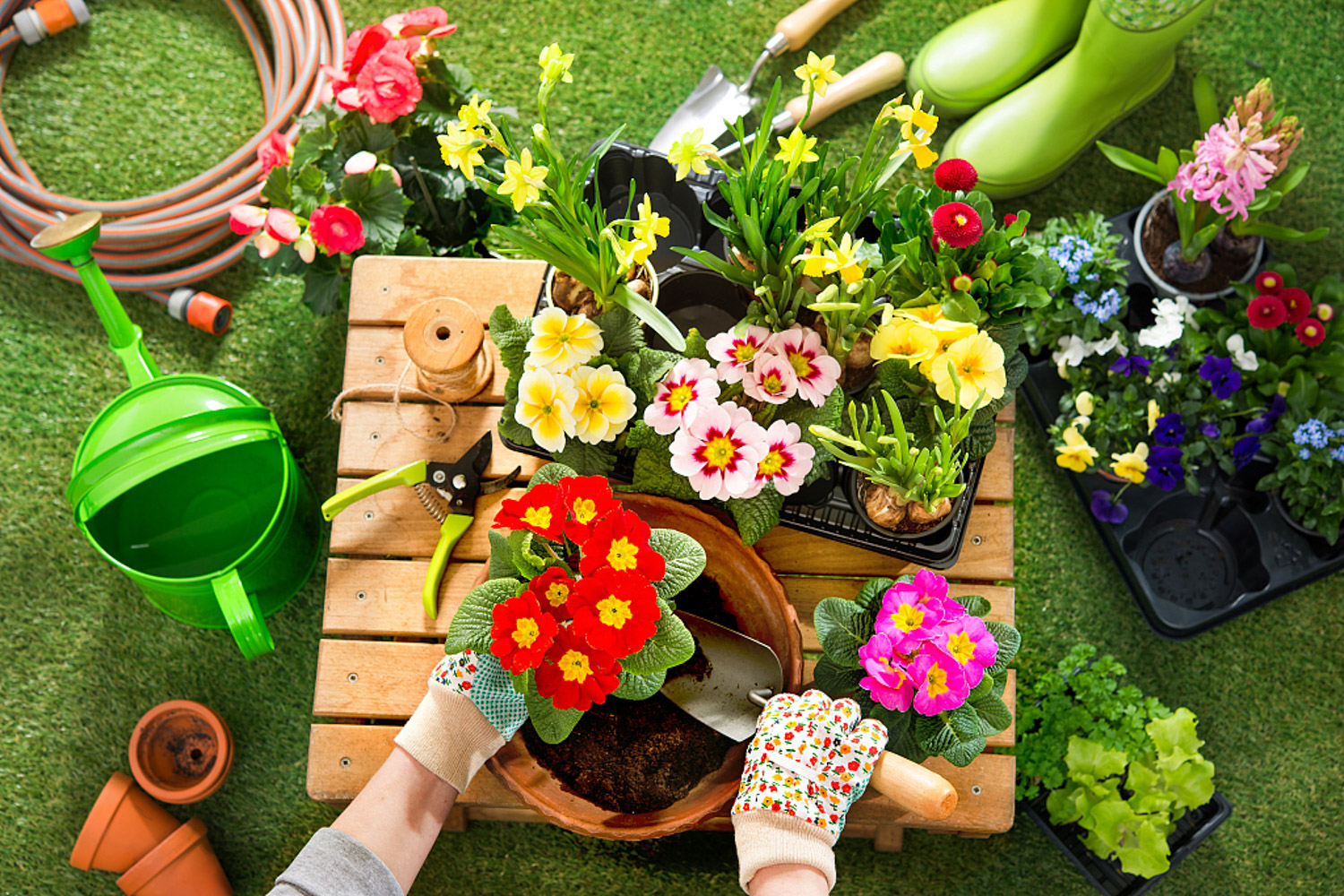
4. Fertilization: it likes to be fertilized. Generally, it has to be applied once a week to ten days. Liquid fertilizer with low concentration can be used
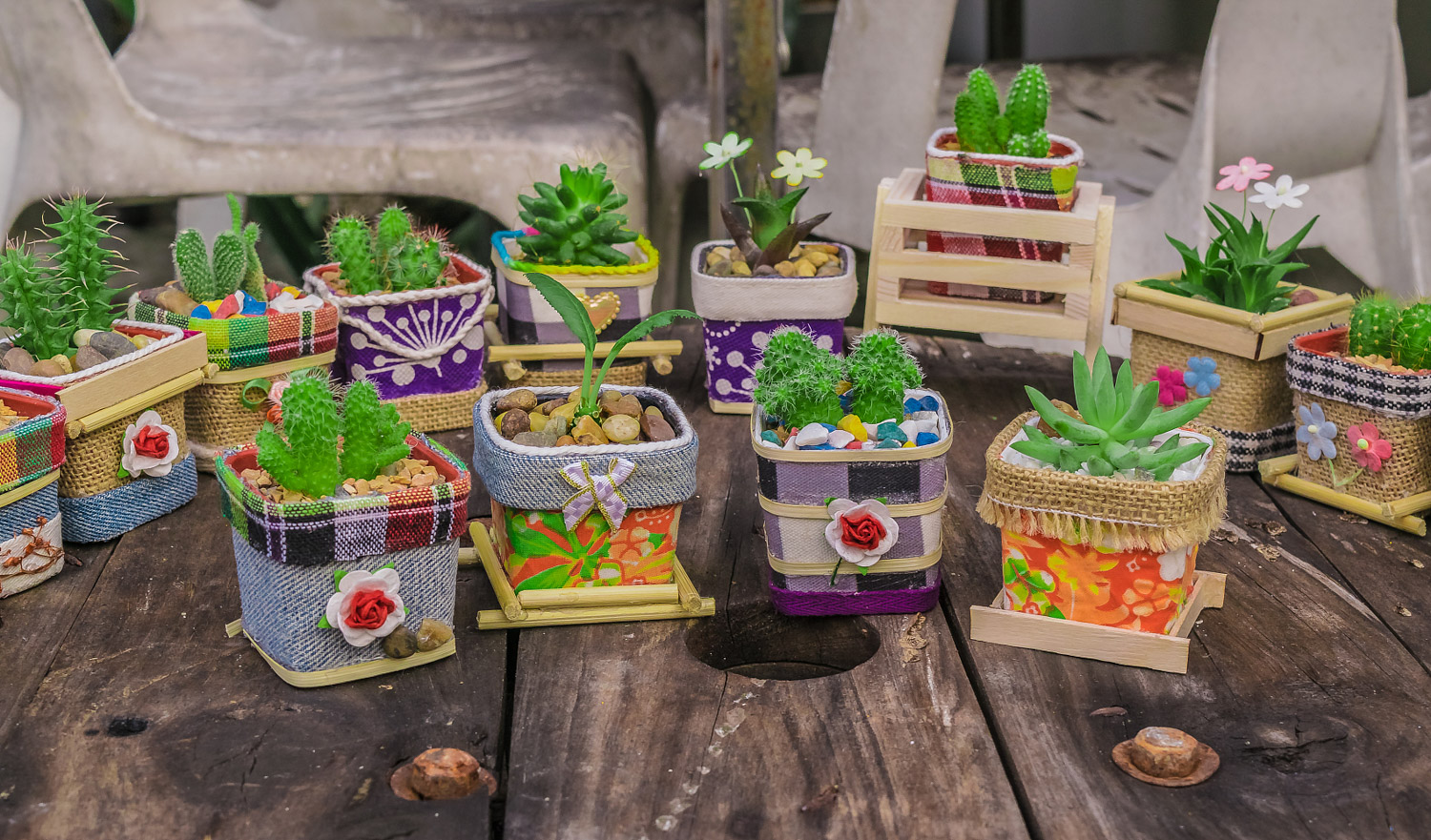
2、 Breeding skills
1. Propagation: one commonly used method is cutting. From May to October, it is more suitable. If you want to breed in winter, it is also possible, but it should be carried out in the greenhouse. Select the current year's semi woody branches as cuttings, with a length of about 10 cm. Cut off the lower part of the leaves and then cut them into the sand bed. After insertion, the humidity must be guaranteed, and the temperature should be between 18 and 21 degrees. After about twenty to twenty-five days, it can take root
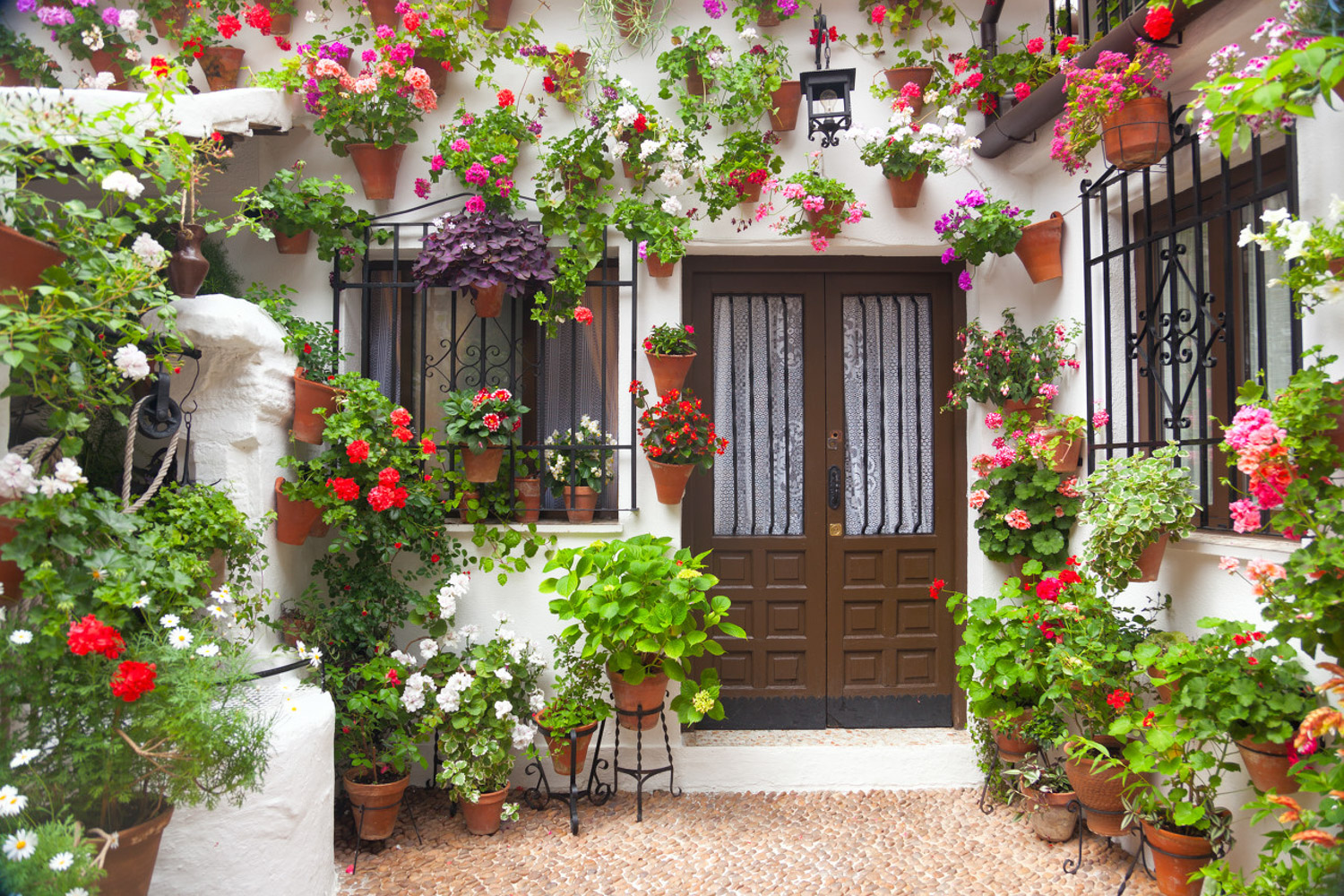
2. Pruning: it is best to prune in early spring. Just leave two or three buds at the base, and cut off the rest at the top, so that there will be more germinating lateral branches and more flowers later. In addition, its shape can be trimmed
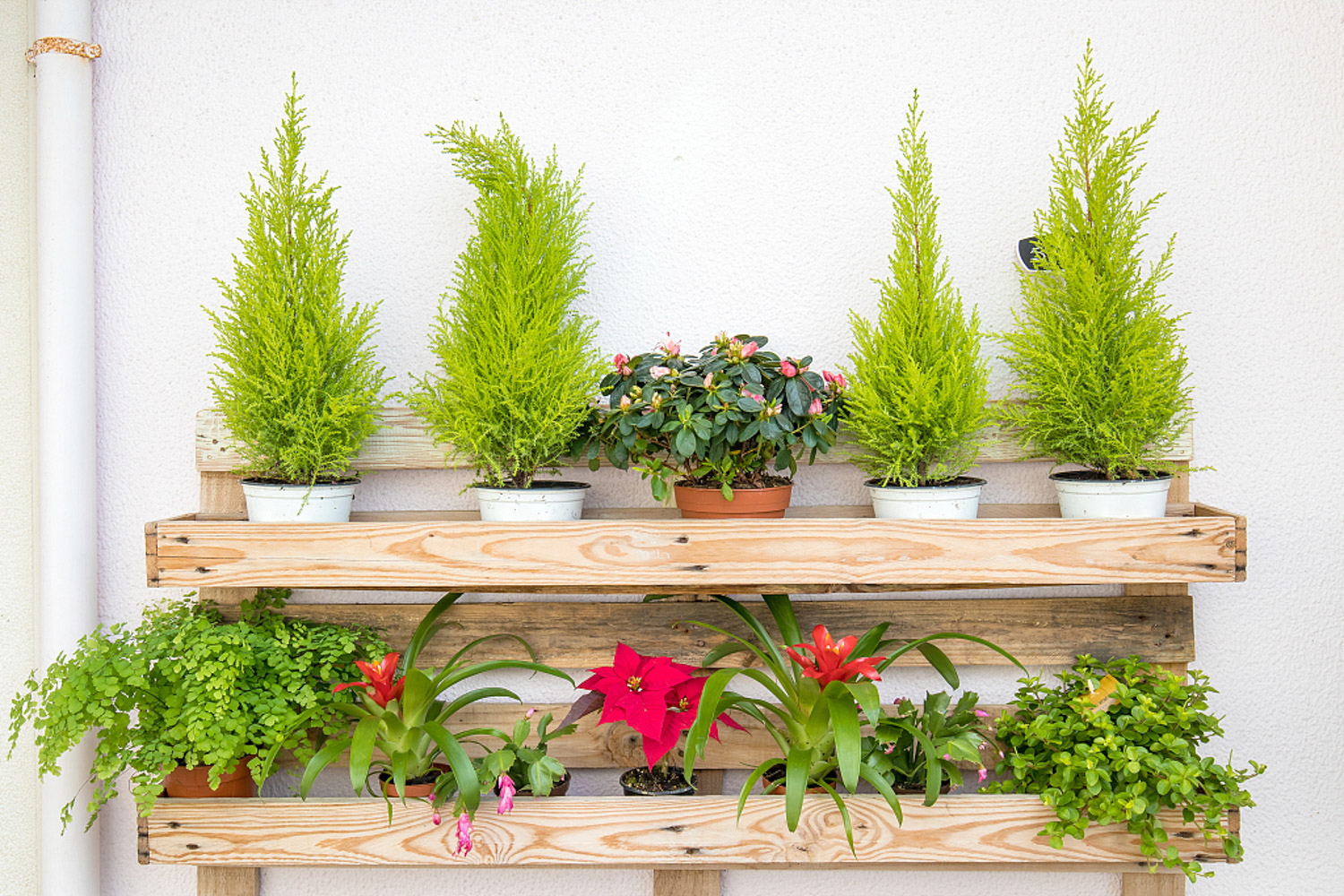
3、 Problem diagnosis and treatment
1. Diseases: there are not many diseases of royal coat yellow. There may be "powdery mildew" and "leaf blight", which can be controlled by carbendazim, and the fallen leaves and flowers can be properly handled
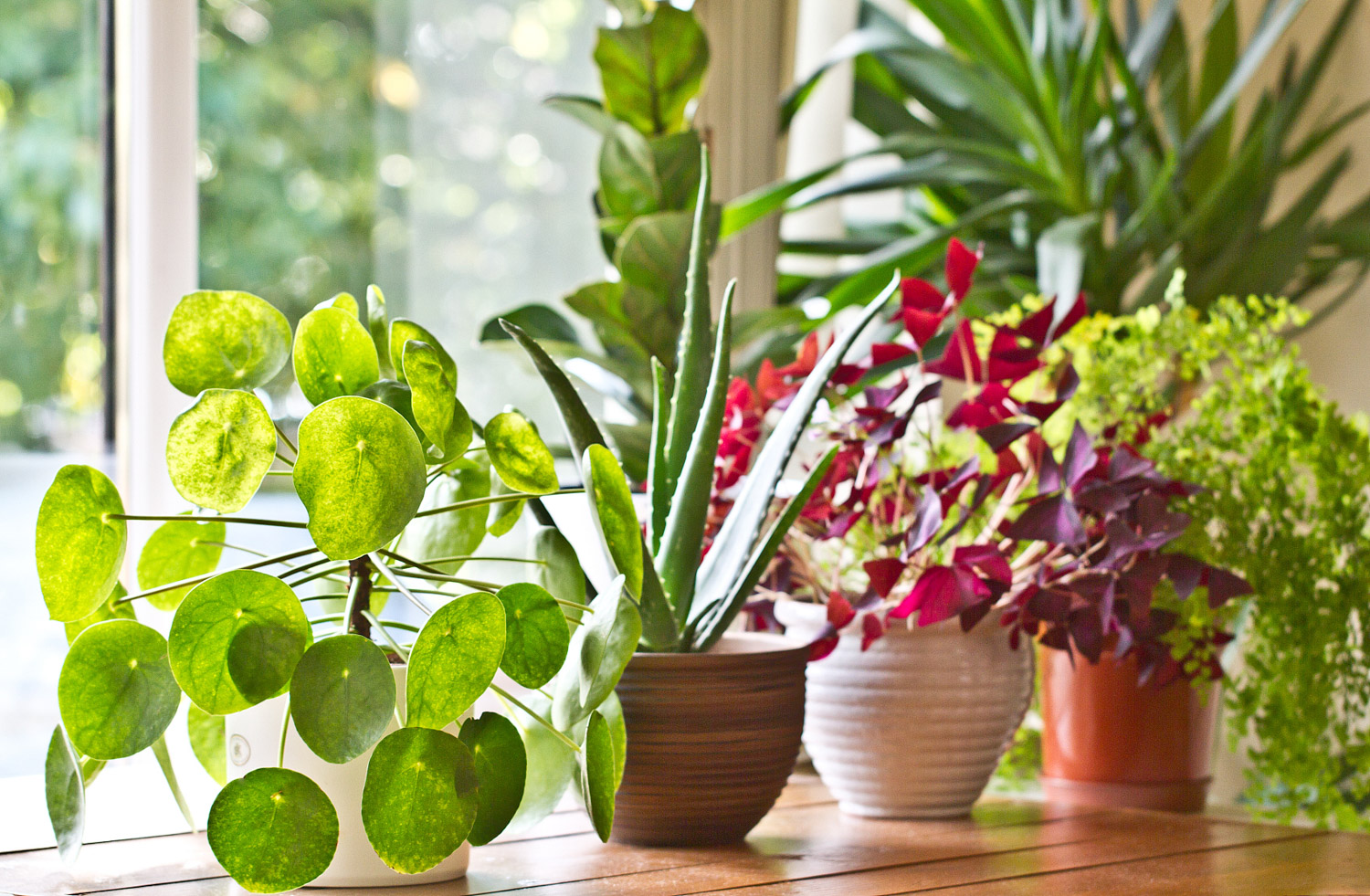
2. Insect pests: common species include "scale insects", which can be sprayed with chemicals in time for prevention and control
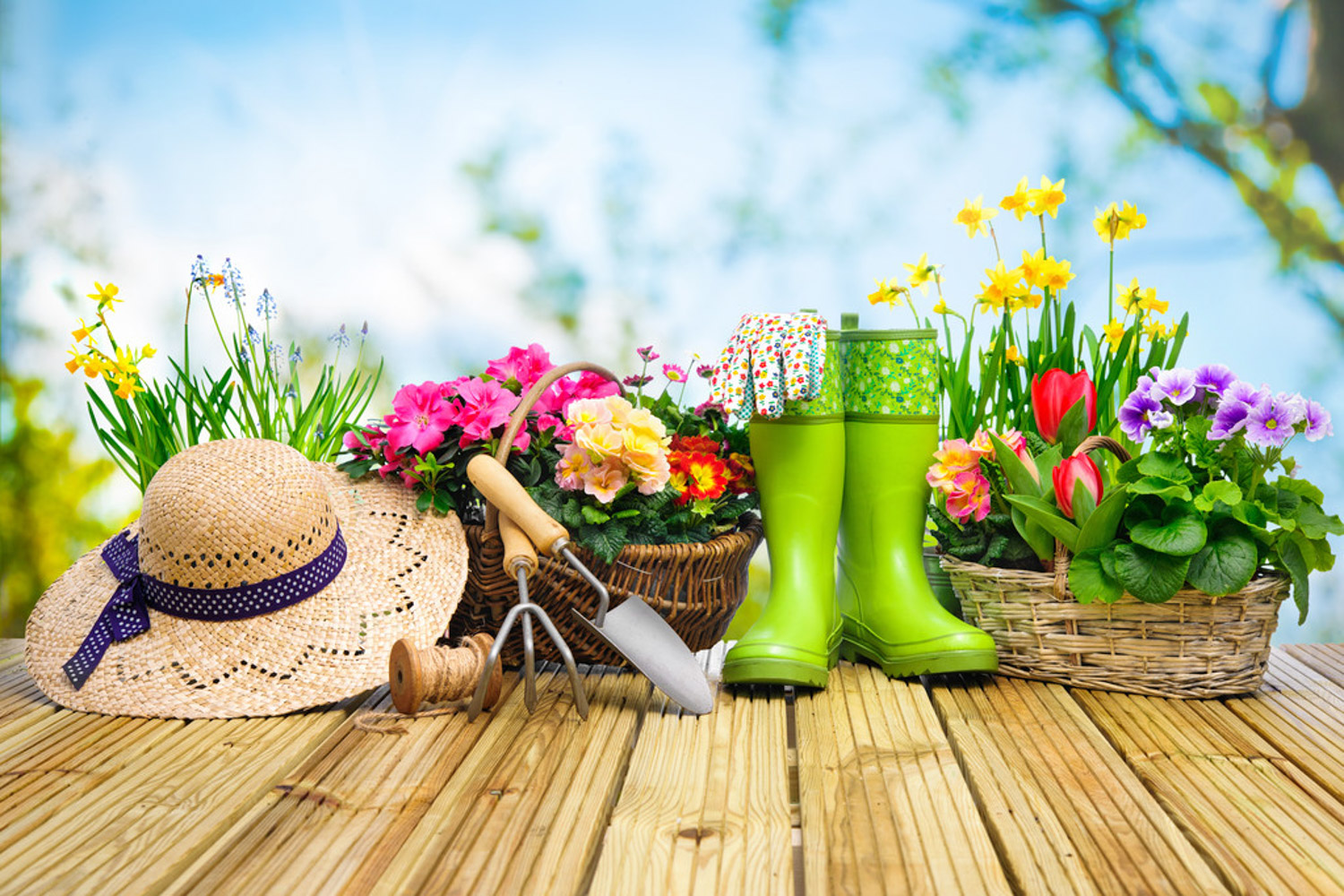
4、 Other issues
1. Toxicity: it is non-toxic and will not emit harmful gases. It is a kind of harmless plants
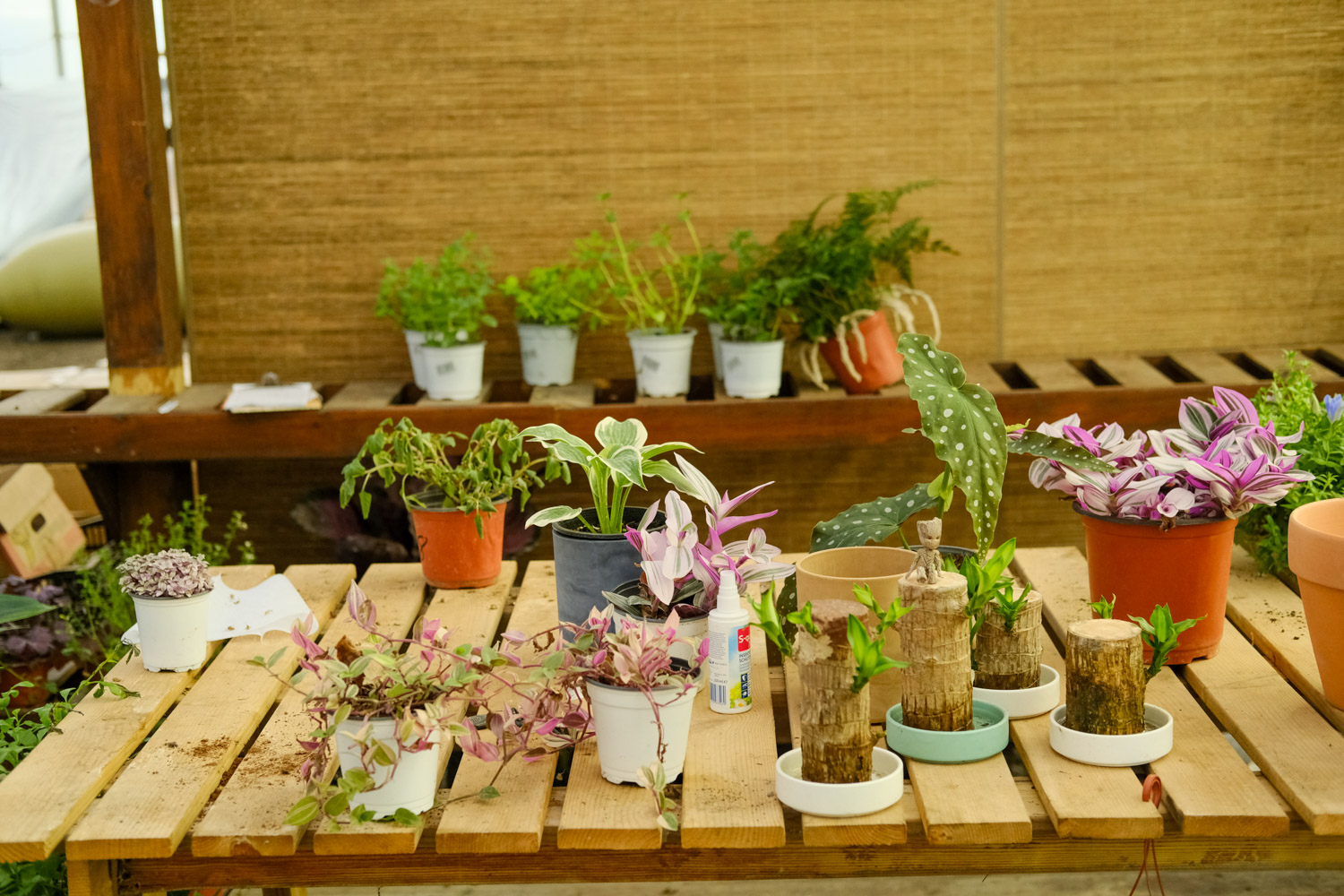
2. Whether it can be raised at home: Generally speaking, because of its high height, it is often used in gardens and is not raised at home as a potted plant
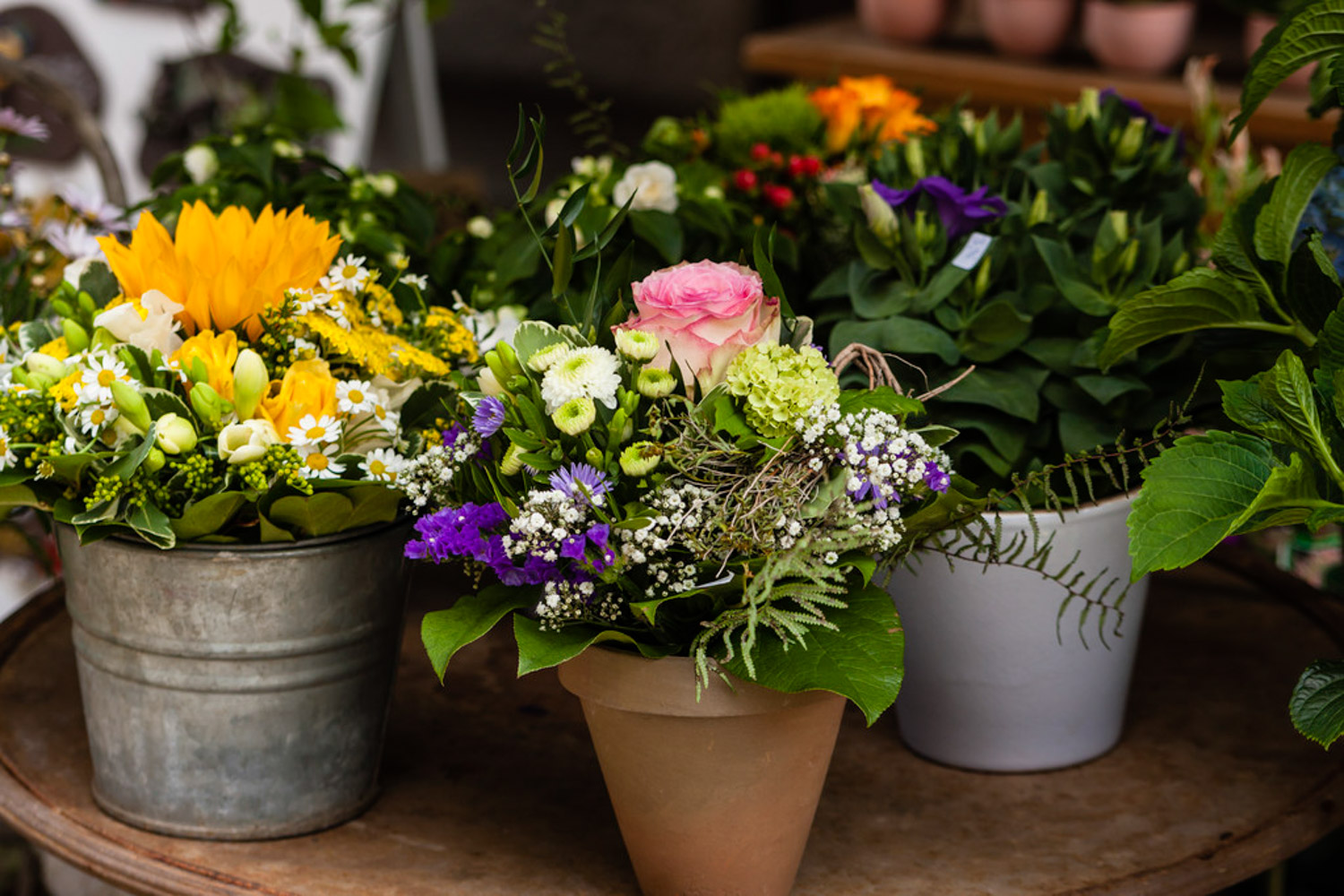

 how many times do yo...
how many times do yo... how many planted tre...
how many planted tre... how many pine trees ...
how many pine trees ... how many pecan trees...
how many pecan trees... how many plants comp...
how many plants comp... how many plants can ...
how many plants can ... how many plants and ...
how many plants and ... how many pepper plan...
how many pepper plan...